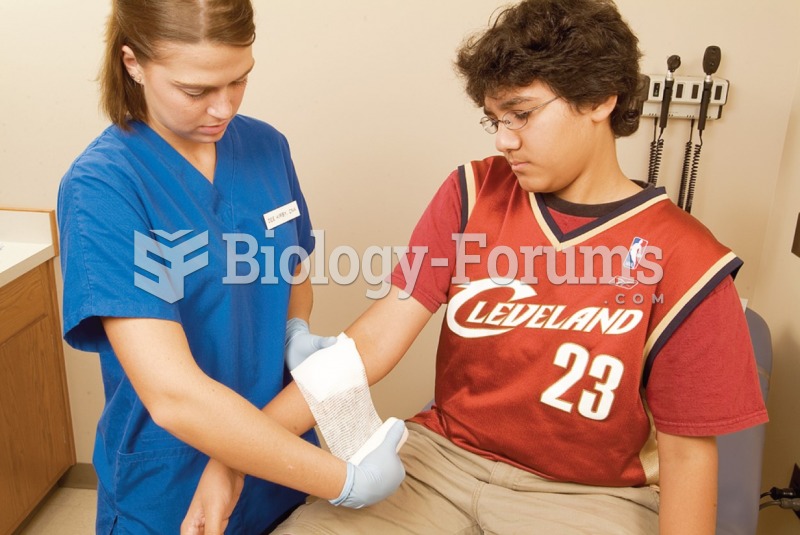|
|
|
Your skin wrinkles if you stay in the bathtub a long time because the outermost layer of skin (which consists of dead keratin) swells when it absorbs water. It is tightly attached to the skin below it, so it compensates for the increased area by wrinkling. This happens to the hands and feet because they have the thickest layer of dead keratin cells.
According to the FDA, adverse drug events harmed or killed approximately 1,200,000 people in the United States in the year 2015.
As the western states of America were settled, pioneers often had to drink rancid water from ponds and other sources. This often resulted in chronic diarrhea, causing many cases of dehydration and death that could have been avoided if clean water had been available.
Between 1999 and 2012, American adults with high total cholesterol decreased from 18.3% to 12.9%
When blood is exposed to air, it clots. Heparin allows the blood to come in direct contact with air without clotting.







